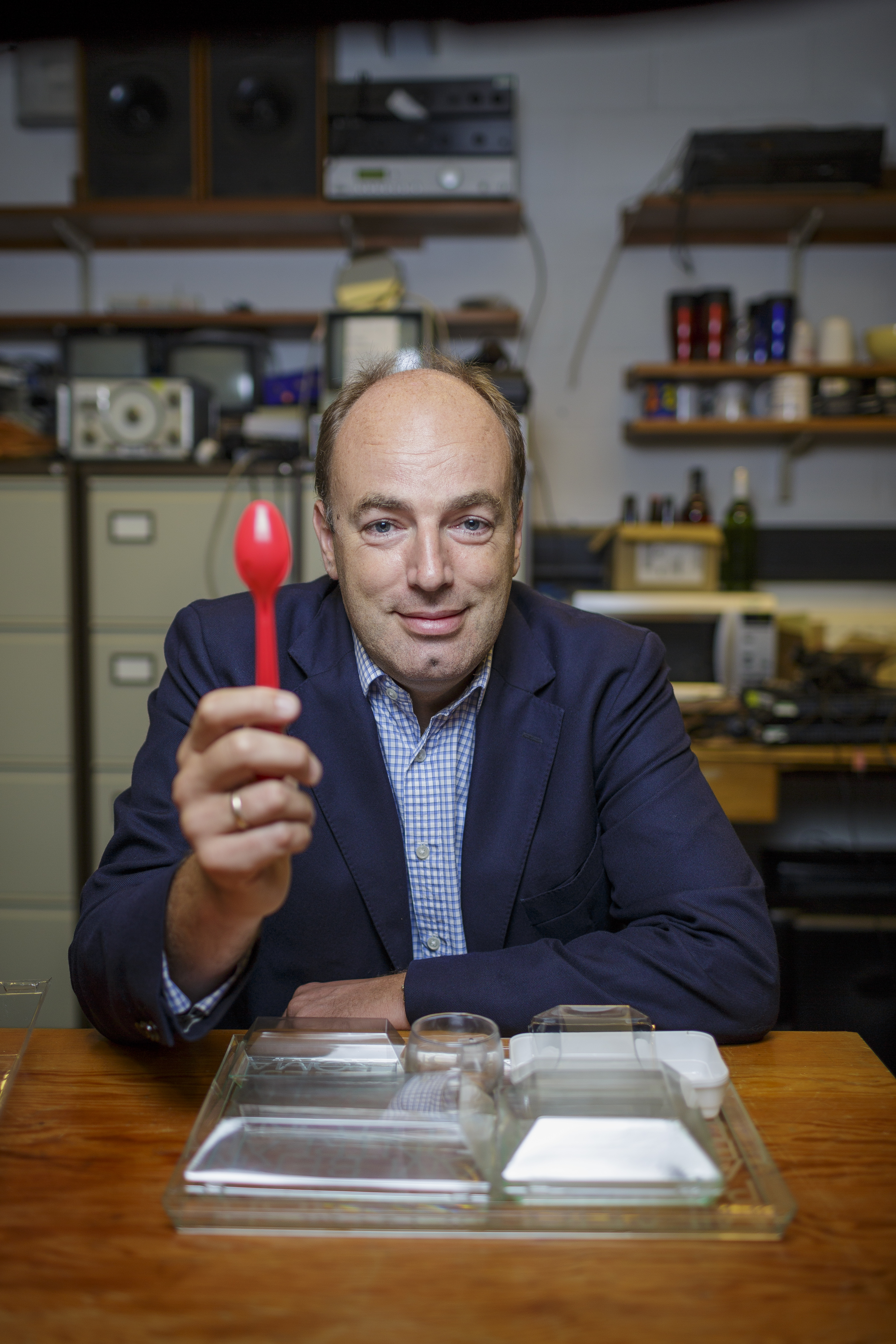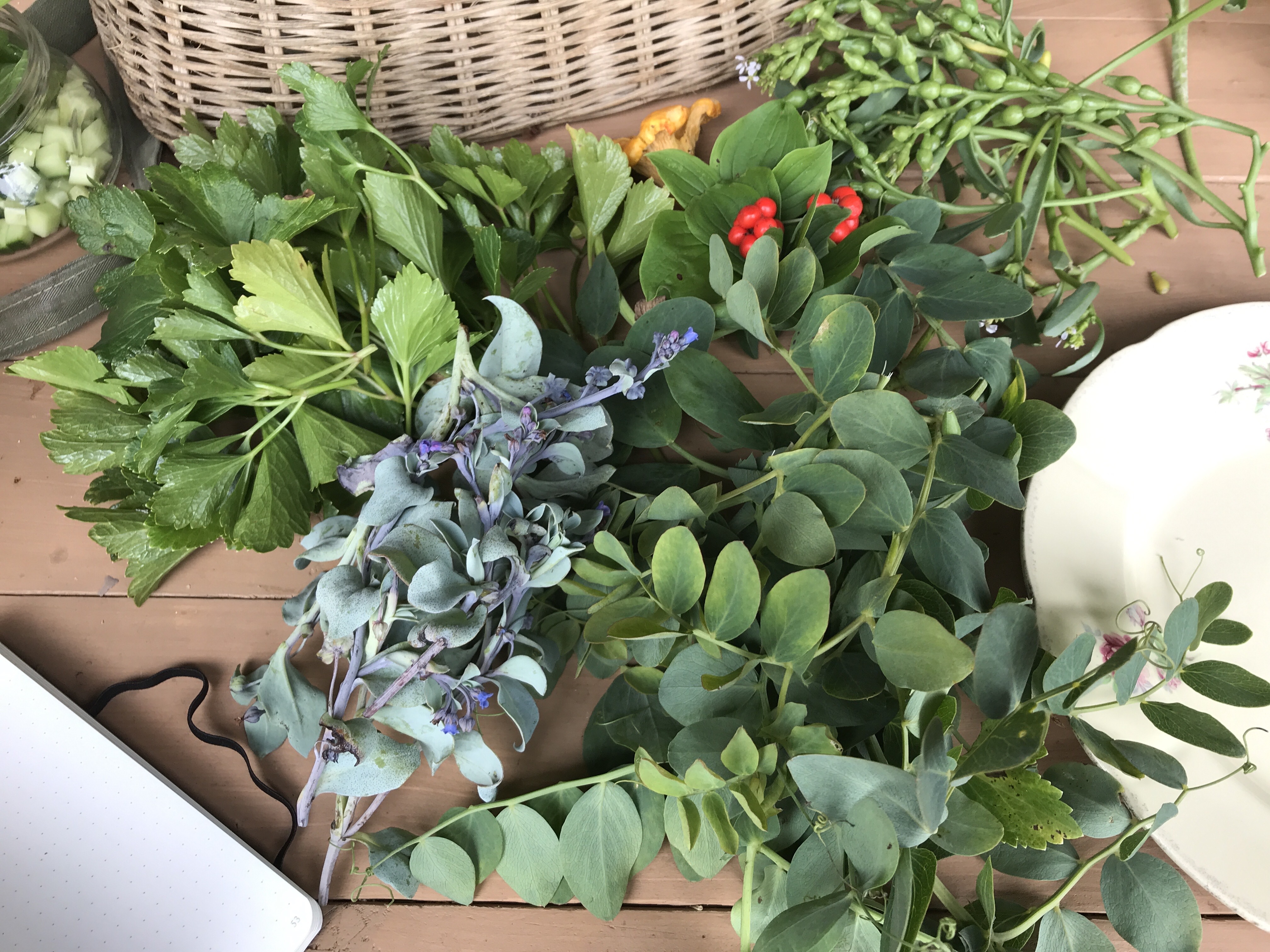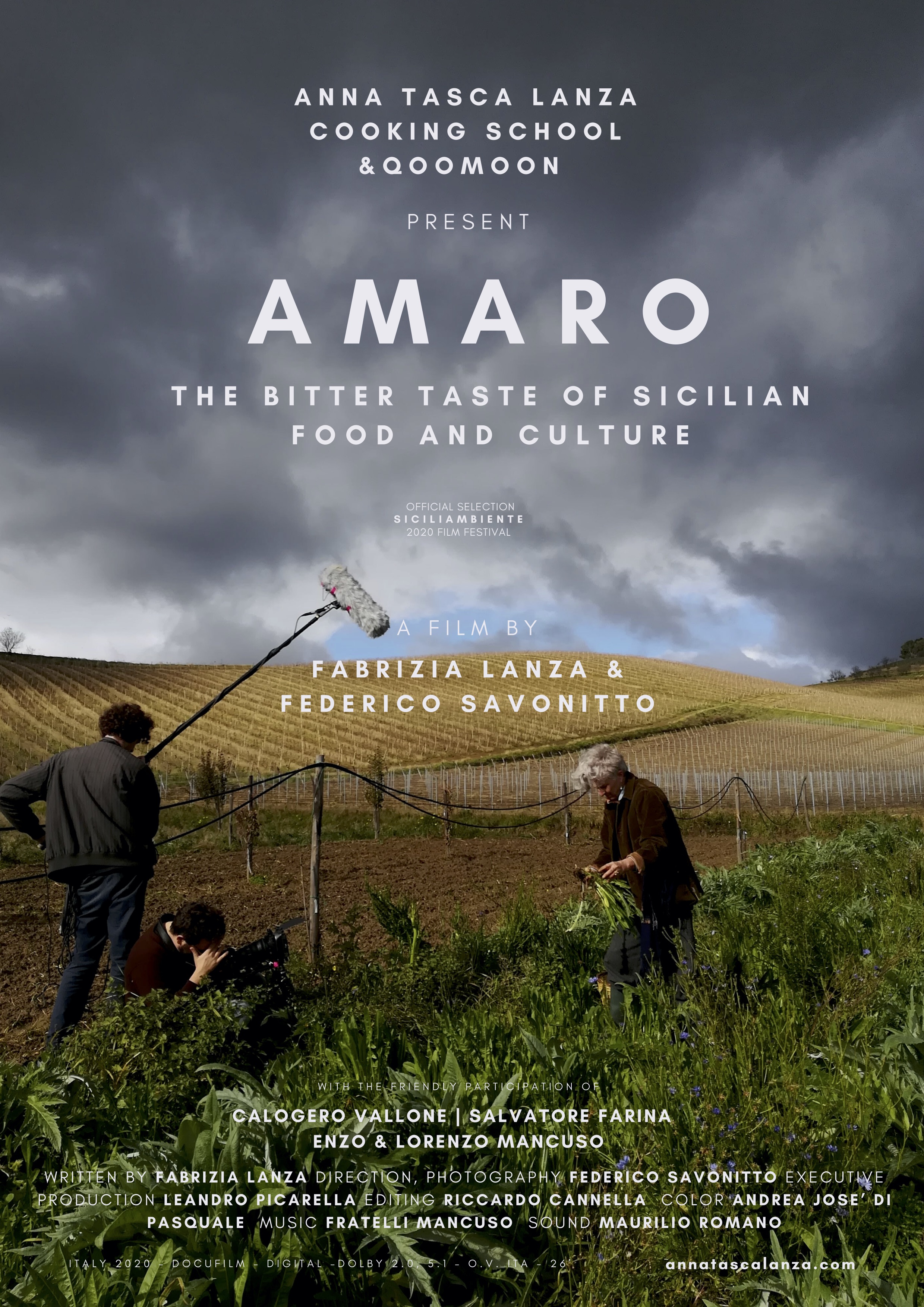Opening Keynote by Charles Spence. Gastrophysics: The Psychology of Herbs and Spices
Professor Charles Spence is an experimental psychologist at the University of Oxford, where he explores the impact that sight, sound and touch have on our perceptions of taste. With more…
Friday Welcome Reception: Isle of Harris Gin
Before dinner on Fogo Island, we'd like to take you the Isle of Harris. The inhabitants of the isle of Harris share more with than the cold waters of the…
Pragmatism in an Impractical Place: The Stubborn Cuisine of the Fogo Island by Timothy Charles and Jonathan Gushue
Pick up your virtual gathering-basket and fill your imagination with salty-juiced sea-rocket, a pod or two of beach-pea ; search the rockpools by the shore for bright green bunches of…
Amaro: a Film by Fabrizia Lanza
Foraging for Bitter Greens in Sicily - The Story Behind the Film Fabrizia Lanza is the owner and director of Anna Tasca Lanza, the world-renowned cooking school and centre of…
Panel 1 — Adulteration
This panel examines adulteration from different perspectives: the ‘dilution’ of herbs and spices when processed into blends that lead to a cultural devaluation of the prime ingredient; regulatory efforts to…
Panel 2 — Pot-pourri
Move over, hash brownies. These papers launch from the current interest in cannabis cookery to investigate both the original counterculture cookery books from the 1960s and ‘70s and the culinary…
Panel 3 — Colonialism
These papers view herbs and spices in the colonial context from opposite ends of the telescope: how did annatto move around the world courtesy of French colonial activity versus what…
Panel 4 — Agri-Culture: Identity, Politics, Discourses
This diverse panel explores how certain herbs and spices have been markers of identity; these papers explore their use as a tool expressing power dynamics within societies, as well as…
Panel 5 — Pharmacopoeia
Herbs and spices have long been seen as medicine: whether dealing with ways of combatting scurvy, a justification for consuming saffron with unleavened bread, or as healing cordials, these key…
Panel 6 — Interpreting Medieval Texts
Often frustratingly imprecise and obscure to the modern cook, medieval culinary texts nonetheless offer clues to the cuisines of centuries past: these papers explore mysterious ingredients in China as well…
Panel 7 — Structures of Cuisines
Why do certain local herbs and spices appear regularly in a cuisine, while other available seasonings are missing? Why do certain ‘flavour profiles’ emerge? These two papers approach these questions…




